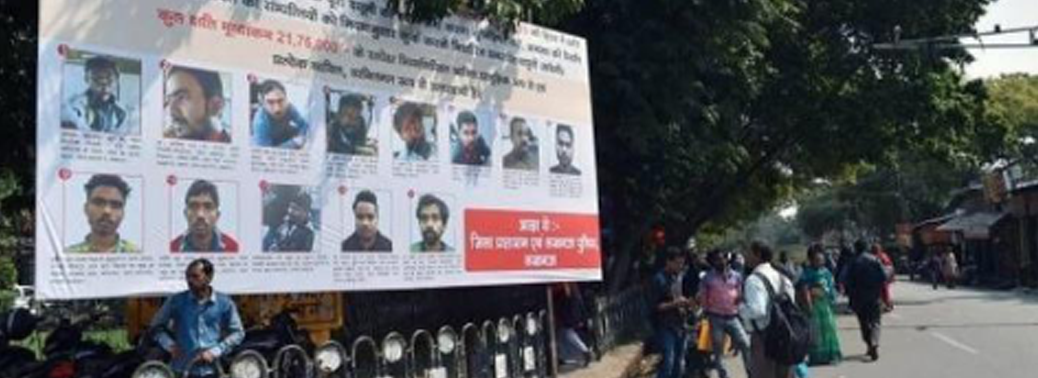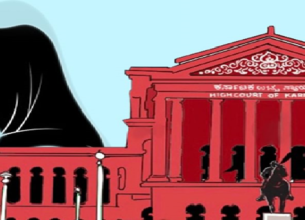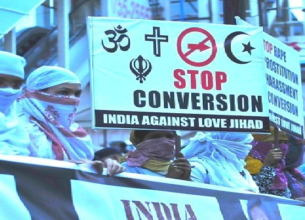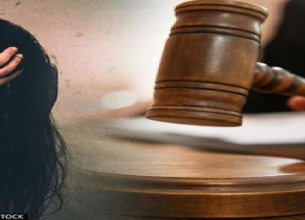REMOVAL OF CONTROVERSIAL ‘NAME AND SHAME’ HOARDINGS
11, Mar 2020

Prelims level : Judiciary
Mains level : GS-II Structure, organization and functioning of the Executive and the Judiciary Ministries and Departments of the Government; pressure groups and formal/informal associations and their role in the Polity
Why in News?
- Allahabad High Court has directed the Lucknow administration to remove forthwith the controversial ‘name and shame’ hoardings of those arrested during protests against the Citizenship (Amendment) Act.
What is the Issue?
- The Allahabad High Court had taken Suo motu notice of this act on which the police put up several hoardings across Lucknow identifying those accused of violence during the protests against the Citizenship (Amendment) Act in December triggering those named to fear for their safety.
What are the Observations Made by the Court?
- The action of the State is nothing but an unwarranted interference in privacy of people. The same hence, is in violation of Article 21 of the Constitution of India.
- The placement of personal data of selected persons “reflects colourable exercise of powers” by the government.
- There are certain provisions empowering the investigating agencies or other Executives to take picture of accused for the purpose of their identification and record but that too is not open for publication. The only time these photographs be published is to have assistance in the apprehension of a fugitive from justice.
- No power is available in the Code of Criminal Procedure, 1973 to police or the Executive to display personal records of a person to public at large.
- On the issue of court taking the case Suo motu, it said “where there is gross negligence on part of public authorities and government, where the law is disobeyed and the public is put to suffering and where the precious values of the constitution are subjected to injuries, a constitutional court can very well take notice of that at its own.”
How the Administration Defended its move?
- While accepting absence of any statute permitting executive authorities to put such banners, the government had opposed the petition by submitting that the object of displaying personal details of the individuals “is to deter the mischief mongers from causing damage to public and private property.”
- The State has also questioned the territorial jurisdiction of the court in Allahabad and argued that the court “erred in invoking public interest jurisdiction in the instant matter, that being available to under privileged section of the society only.









